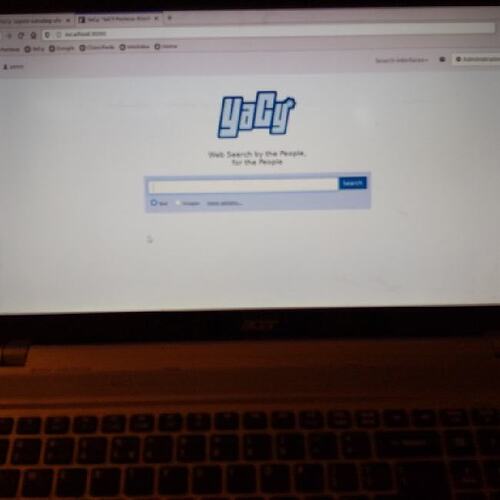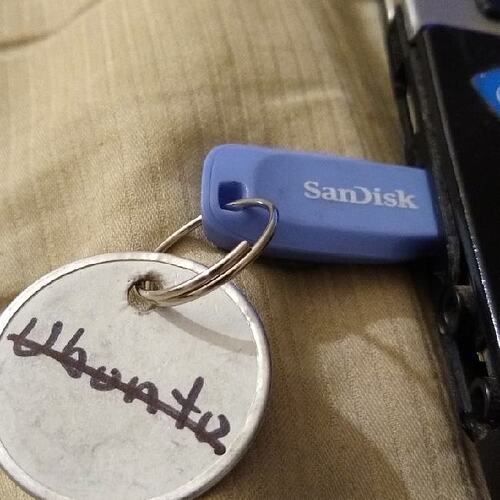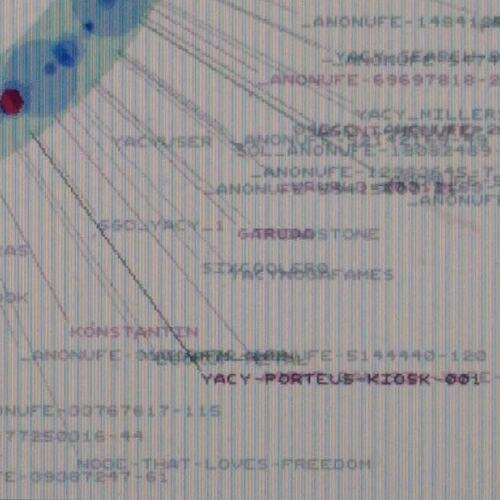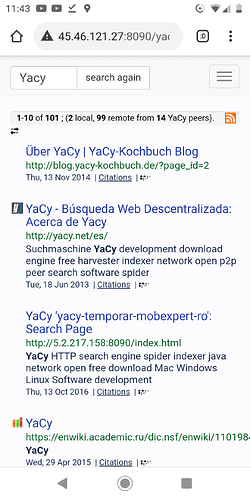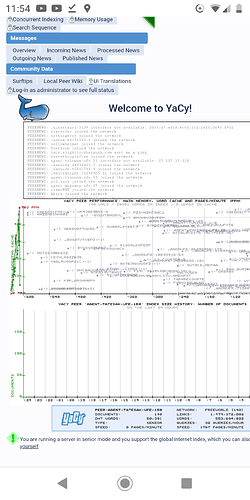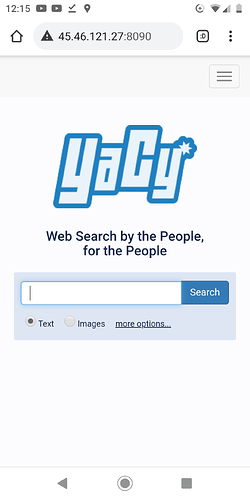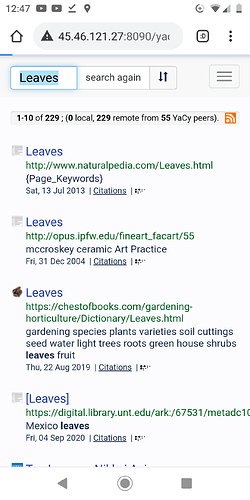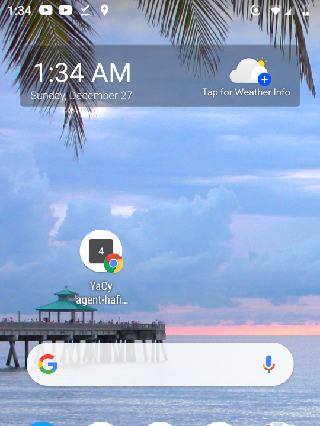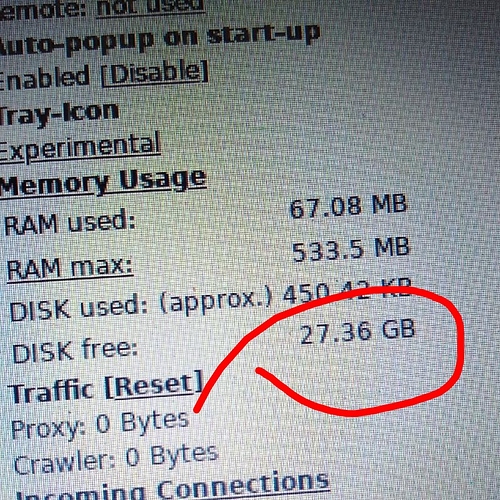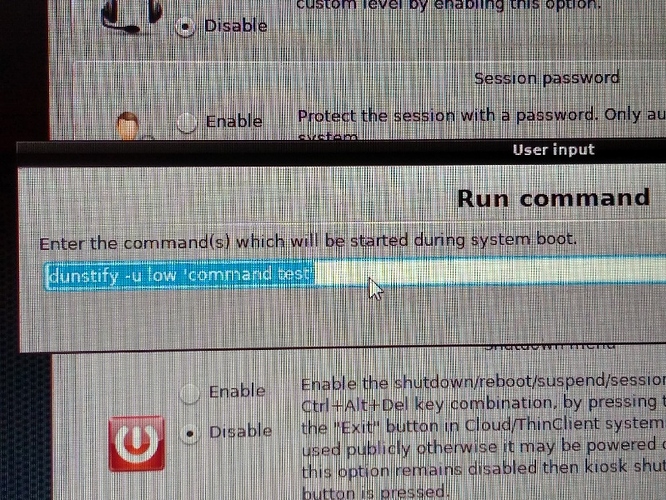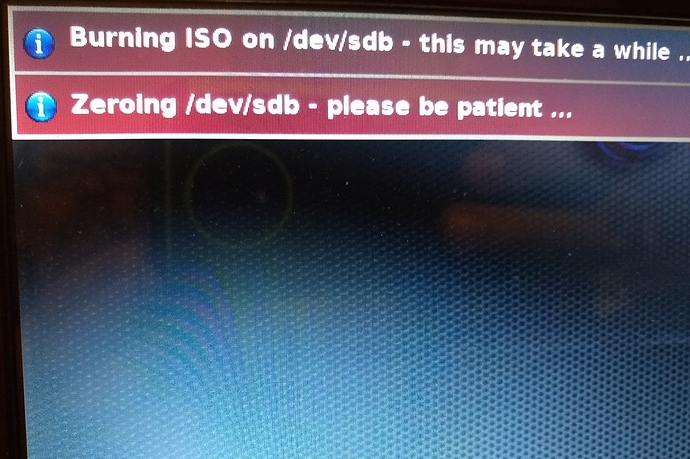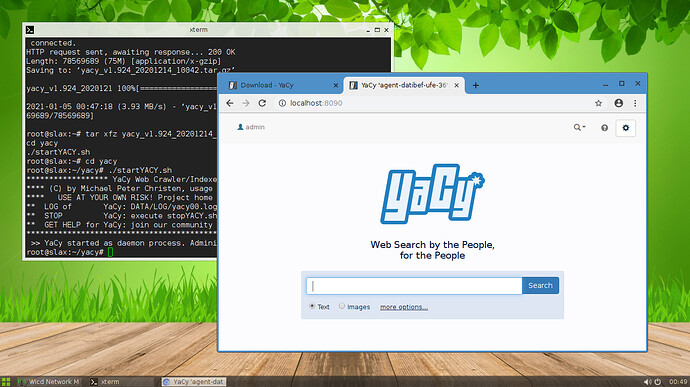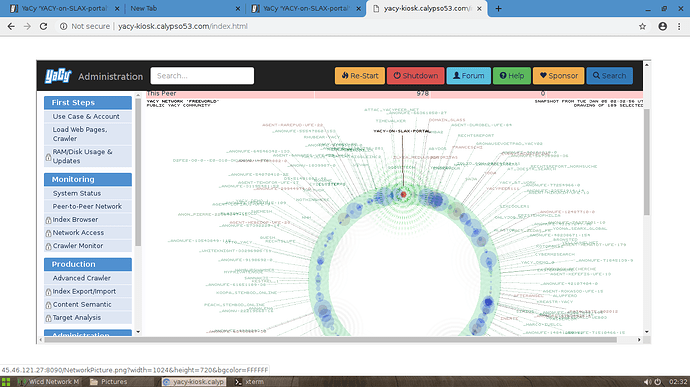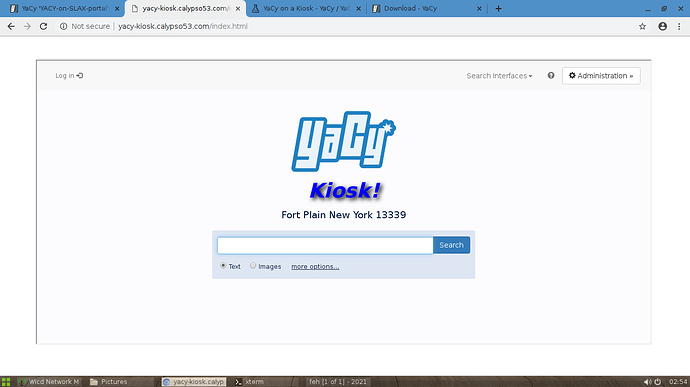Ok, I’ll take a look.
FINALLY, It looks like I’ve managed, with some help from Porteus Solutions, to configure the YaCy kiosk with lots of persistent memory on a flash drive.
Keep in mind, this is just a 32 Gig drive for testing, but nearly all of that is now available to YaCy for storage, (apparently, keeping my fingers crossed.)
This is evidenced from the system status report:
Previously this would only show about 2 Gig total memory and YaCy would immediately complain about low disk space and shut down crawling and other services.
Tom,
It must be exactly as I wrote (all lower case):
persistence=/opt/yacy
If you want to set persistence also for the /home/guest folder then please use:
persistence=full /opt/yacy
‘persistence=full’ works the same as ‘persistence=/home/guest’.
I did have persistence=/opt/yacy but that did not seem to work. Well there was maybe 1 Gig.
I changed that to persistence=full /opt/yacy
There is a space between full and /opt/YaCy
That seems to have opened up the entire drive. There may be other settings that could work, but not to my knowledge, so far.
I think the persistence file could also be set anywhere, even a second USB drive, leaving the boot drive entirely read only. But, that is an experiment for another day.
Take note also:
Hello Tom,
“How long will this link remain active”
Few weeks for sure.
“is it permissible to share the link or post it to the YaCy forum for the developers there who might also be interested?”
Yes
So: Download link:
http://porteus-kiosk.org/custom/421-Porteus-Kiosk-5.1.0-x86_64-yacy.iso
This will, presumably, not be available indefinitely
It is not a ready-to-go kiosk but rather a kiosk configuration and ISO burning utility that has YaCy pre-installed.
During configuration, the important thing is also to set ./startYACY.sh
I have yet to set up and burn the server to get the kiosk and server interoperating.
Another thing I found is that once a usb drive is burned with Porteus, It is not a straightforward matter to simply run the configuration utility and repeat the process, if you want to make any changes or try different settings. Windows cannot reformat the disk and the kiosk configuration iso cannot overwrite the files. Some other utility must be used to reformat the drive before it can be used over.
I found that easy2boot will install on a previously used disk and overwrite whatever is on it, then, if necessary it can be reformatted. Probably there are other disk utilities that could work, but easy2boot is one I had available that seems to do the job of bringing the disk back into useable condition.
Now to test out how well the persistence actually works! Getting YaCy to recognize the available disk space was a challenge.
Using MX Linux, There was persistent memory, but limited to, I think about 10 Gig, regardless of the size of the actual drive.
On Porteus, it appears YaCy is able to see and utilize the entire drive.
I picked up several new USB drives to test this out. The largest is 256 Gig
If that works, I may try moving up to 1 or 2 terabyte, but such drives are not readily available here locally. I would have to order some.
As yet, I have not set up an admin password, but I may do so now, mostly so I can log into admin from my phone, or elsewhere.
I’m also working on installing YaCy on a web page, so I can modify the “splash page”
If anyone else wants to play with this setup, and if the link above stops working, I can upload the file to my own server or something .
